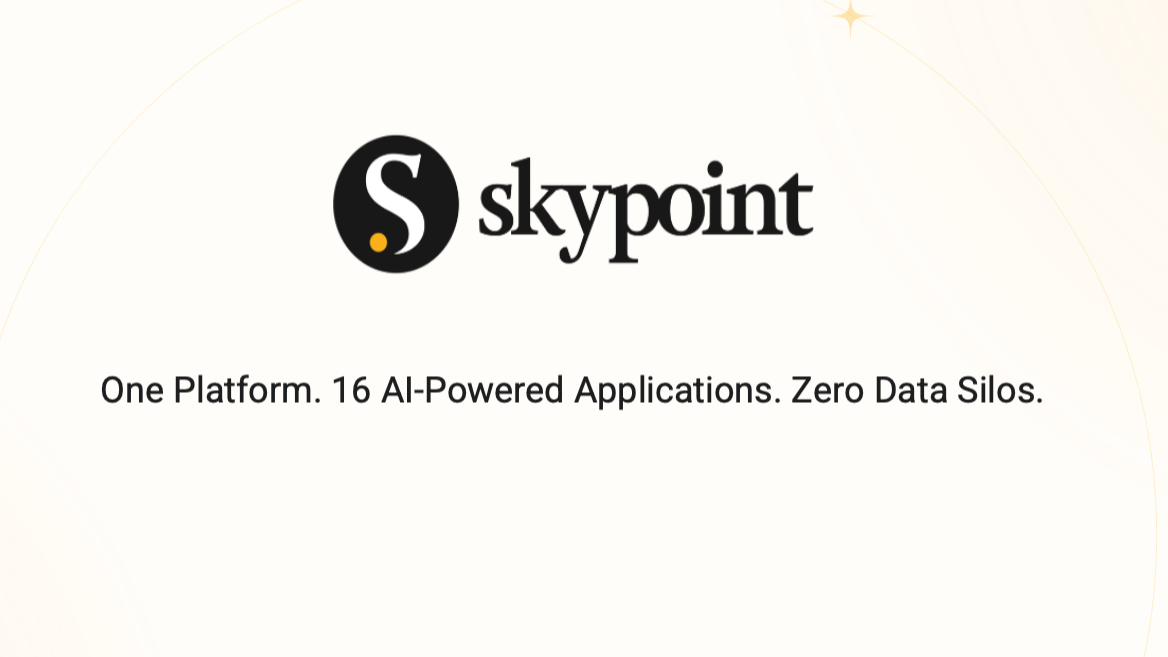COVID-19 has turned the world completely upside down, with more than 440,000 deaths in the United States and even more worldwide. COVID caused a lot of changes in our way of life, especially when it comes to how we interact with the healthcare system and receive care.
Many of the healthcare trends that have emerged as a direct result of COVID, or that have been accelerated by the pandemic, will likely stick around long after COVID is over. Here are some of the post-COVID healthcare trends that will continue to impact healthcare and how patients engage in their health.
1. Patients Will Become the New Customers
Patient care is becoming more and more like customer service as we move into the future. However, that reality has yet to materialize.
While patients continue to receive advanced healthcare services, it’s likely that they will demand the same level of advanced care when it comes to customer service. More than ever, there is a growing need for technology that offers a patient 360 view so providers can consolidate data and access patient records and preferences in a single patient profile to improve care coordination and patient engagement.
2. Artificial Intelligence Will Continue to Advance Healthcare
Artificial intelligence has already crept into nearly every aspect of our lives, and the healthcare industry is no different. Artificial intelligence, point-of-care diagnostics, and wearable biometric monitoring are already on their way to providing a more decentralized care delivery platform that will help democratize medical care by using patient data and best-practice evidence to guide diagnosis and treatment.
Data collection and unification are both tools you can use on a scalable analytics platform powered by leading-edge technology, like Skypoint Cloud’s data lakehouse on Databricks. This can help with increased data collection for improved clinical outcomes, which require a patient-centric data platform.
3. Expanded Business Models
COVID has created unforeseeable trends that are helping those in the healthcare space make great strides at a rapid pace. In order to succeed post-COVID, leading decision-makers are expanding their business models in the face of a changing world by making the right investments and building partnerships in two areas:
- Increased transparency in healthcare data and how it is shared.
- Innovative approaches and platforms for coordinated care management.
Healthcare companies are playing more active roles in managing their member relationships, aiming to make the transition from volume to value. And that requires increased provider and patient engagement.
Moreover, value-based business models in Medicare will need to rely on data for new CMS guidelines related to reporting and data-sharing. To meet these requirements, healthcare organizations need a healthcare data platform that securely and easily captures data-sharing consent and follows healthcare data standards, such as FHIR.
4. Limited Patient Hand-Offs and Transfers
In this new age of healthcare, there will be fewer patient hand-offs and transfers of patients—just like today with the current state of healthcare, which is an industrialized healthcare delivery model.
That means there will be a need for patient advocates who help steer patients through the care delivery system. This is being mandated in the Medicare space as data sharing becomes a requirement. To make patient data more accessible, you’re going to need a patient 360 and the ability to share this information securely.
5. Reimbursement Will Be Consolidated
Reimbursement may soon become consolidated under government payment. Patients will have more of a choice when it comes to plans, service offerings, and providers. This is due to the fact that private health plans will offset the medical cost risk from the government and compete on patient experience, quality, and cost.
Value-based arrangements will become the norm, which in turn leads to an increased need for information-sharing and care-coordination within the care delivery team. Providers will need actionable insights to make sure they’re serving patients to the best of their ability.
With Skypoint Cloud’s healthcare data platform, your organization is better equipped to innovate and deliver care in the post-COVID era that’s coming. You’ll get patient engagement features that help you bring clarity to patient insights by unifying clinical and nonclinical touch points. You’ll also get coordinated care to help connect vital members and patient data to support interoperability and information sharing.
Skypoint puts patients at the center of all that you do and gives you a connected view of your patients across multiple clinical delivery spectrums. If you are ready for a greater ability to promise cost-efficient, higher-quality outcomes and coordinated patient care experiences, reach out for more details about our healthcare data platform.


